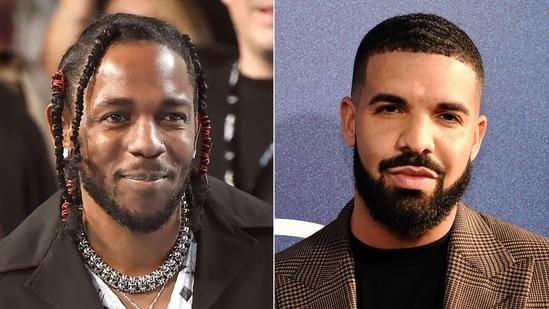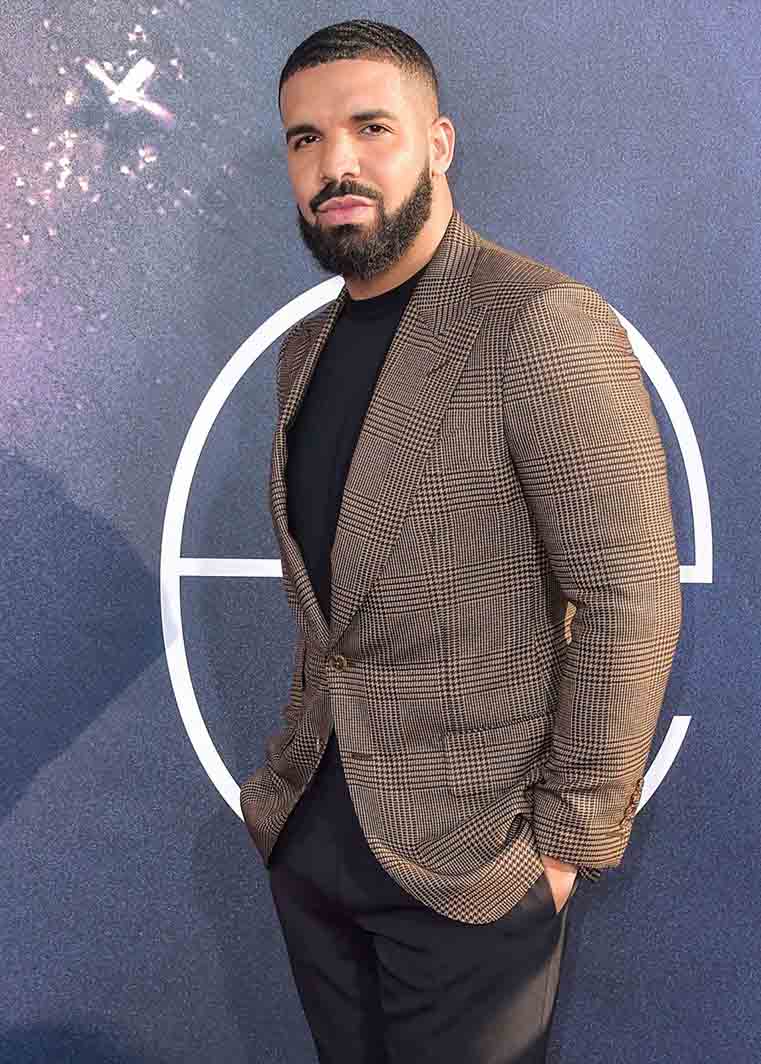In the latest development surrounding the ongoing legal entanglement between Drake and Universal Music Group (UMG), experts are piecing together the implications of the dispute. As the entertainment industry reels from the potential impact of high-profile lawsuits, the murky waters of contract negotiations and intellectual property rights become increasingly significant. Not only does this situation involve the business dynamics between a major artist and a record label, but it also raises critical questions about the future of artistry and ownership in the digital age. Industry insiders are keenly observing how both sides navigate these legal waters, particularly given that no trial is anticipated, indicating a possible move towards resolution outside the courtroom.
Legal analysts point out several factors that make this case particularly noteworthy:
- The Influence of Streaming Platforms: The rise of digital music has shifted how revenues are generated, leading to persistent disputes over profits and rights.
- Precedent Setting: If this case were to reach a resolution, it may set a blueprint for other artists embroiled in similar conflicts with their labels.
- Artist-Led Movements: Drake’s battle could galvanize a movement among artists advocating for better contractual terms and greater control over their work.
By closely monitoring the developments in this legal dance, stakeholders can better understand the evolving intersection of artistry, law, and corporate interests that defines today’s music landscape.
Key Insights from Legal Experts on Drakes Contractual Obligations
Legal experts have weighed in on the implications of Drake’s contractual obligations amidst his ongoing legal tussle with Universal Music Group (UMG). According to industry insiders, a significant aspect of the case centers around the interpretation of the clauses in Drake’s contract, which reportedly prioritize artist autonomy while balancing the commercial interests of the label. Experts have noted that UMG’s approach may reflect a broader strategic concern of maintaining control over their high-profile artists, yet this could clash with the rising expectation for artists to operate independently in the digital age.
Further analysis reveals that Drake’s response, including potential counters and public posture, signals an increasing trend among artists to challenge traditional record label dynamics. Legal commentators emphasize the importance of:
- Maintaining Transparency: Ensuring that contract terms are clear and equitable.
- Artist Empowerment: Advocating for greater control over creative output and distribution.
- Monitoring Precedents: Observing how outcomes could influence future contracts within the music industry.
Such considerations underscore not just the legal ramifications for Drake but also the possible shifts in the industry landscape as artists increasingly push for autonomy and fairness in their business relationships.
Implications of a No-Trial Scenario for Artist Rights in the Music Industry
In the absence of a trial, the legal landscape for artists in the music industry may face significant shifts, particularly in how rights are negotiated and enforced. Without a courtroom showdown to examine the intricate details of artist contracts, the implications of such a no-trial scenario could set a troubling precedent. Key considerations include:
- Precedent Setting: If cases are resolved without a public trial, it may discourage artists from pursuing legal action against major labels, fearing unfavorable outcomes or lack of clarity on rights.
- Contract Ambiguity: Artists might find themselves navigating increasingly nebulous contract terms, with fewer avenues to contest potentially exploitative agreements.
- Power Imbalance: Major labels could leverage their resources to pressure artists into settling, further consolidating their authority over creative rights and financial benefits.
- Artist Advocacy: The lack of public trials might dampen the push for stronger advocacy and policy changes aimed at protecting artists’ interests in an evolving digital landscape.
The implications extend beyond individual cases, affecting the broader ecosystem of artist-label relationships and power dynamics within the industry. As prominent artists navigate these uncertain waters, the potential decline in litigation may lead to a concerning trend of unaddressed grievances, eroding the already fragile trust between creators and corporations. This scenario underscores the urgent need for a robust framework that prioritizes artist rights, ensuring that they have equitable opportunities to voice their concerns and secure fair compensation in an era increasingly defined by digital distribution and streaming revenues.
Future Recommendations for Artists Navigating Complex Legal Frameworks
As the music industry continues to evolve, artists must equip themselves with a robust understanding of the legal landscape that governs their work. The complexities of contracts, copyright laws, and industry regulations can be daunting, particularly for emerging artists. To navigate these challenges, it is essential for artists to invest time in their legal education and seek professional guidance. Engaging with a knowledgeable attorney experienced in entertainment law can provide a protective layer, ensuring that contracts are thoroughly understood and that rights are appropriately managed.
Artists are encouraged to proactively adopt several strategies:
- Stay Informed: Regularly update oneself about changes in copyright laws and industry standards.
- Network with Professionals: Build relationships with legal experts who can offer insights and advise on best practices.
- Document Everything: Keep meticulous records of all agreements, communications, and transactions to safeguard against potential disputes.
- Collaborate and Share Knowledge: Join artist collectives or organizations that focus on legal issues to benefit from collective wisdom.
By embracing these recommendations, artists can cultivate a more secure and informed approach to their careers, ensuring that they are not only creators but also knowledgeable champions of their own rights in an intricate legal environment.